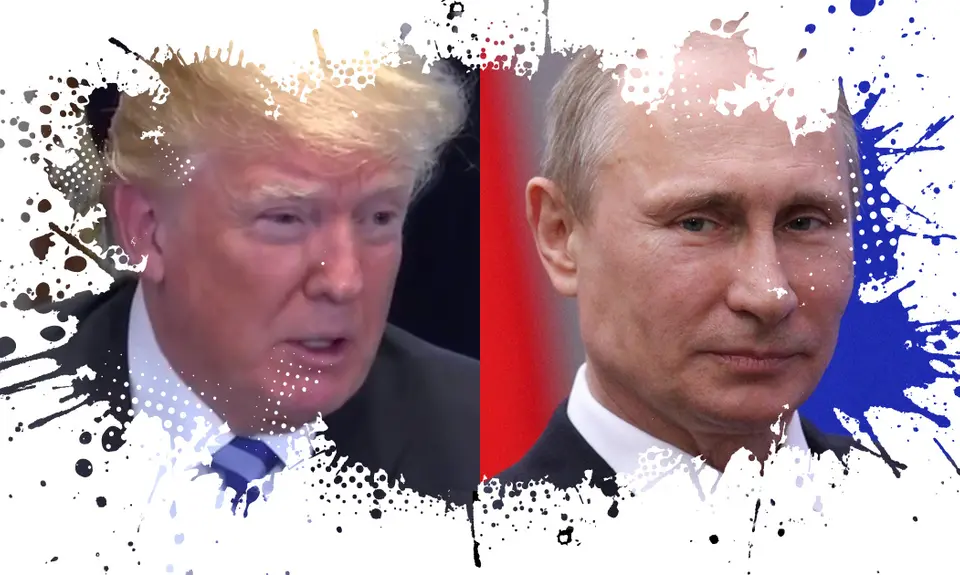On June 20, the House Judiciary Committee held its latest hearing aimed at exploring the findings of the Mueller report and the ongoing threat of foreign interference in our elections. The hearing featured several witnesses with various legal expertise and perspectives on the investigation.
Notably, even the Republicans’ own witness, Saikrishna Prakash, a law professor at the University of Virginia, rejected the legitimacy of the Trump administration’s claim of ‘absolute immunity,’ asserting that they have the right to prevent former staff from testifying about their time working in the White House. Throughout the hearing there was much back and forth between members of the committee about the White House blocking numerous witnesses who are critical to the committee’s oversight, such as former White House counsel Don McGahn, whose name appears on 66 pages of the 448-page report.
Multiple witnesses discussed the unsettling willingness of the Trump presidential campaign to accept assistance from Russia. The Mueller report identified 272 contacts between Trump’s team and Russia-linked operatives, including at least 38 meetings. The report establishes that the Trump campaign was not only aware of Russian efforts to interfere in the election, but that they stood to benefit from them.
“Willingly accepting information about your opponent from a foreign power is ‘disqualifying’… it’s ultimately up to the American people, but no legitimate candidate should openly welcome foreign assistance in an election” said Carrie Cordero, senior fellow and general counsel at the Center for a New American Society.
While Mueller and his team established that the campaign knew about Russian efforts, President Trump still has yet to fully concede that Russia waged and continues to wage information warfare against the United States.
Alina Polyakova, a project director and fellow at the Brookings Institution, summed up the president’s ongoing denial, which continues to undermine American interests. “It certainly helps Russian interests to hear an American president discredit the findings of his own intelligence agencies.”
Republicans on the committee were largely dismissive of the hearing, calling into question the witnesses’ expertise and suggesting that the conclusions of the Mueller report were settled and had cleared the president of any wrongdoing. Congressman Matt Gaetz (R-FL) even went so far as to divert attention from the matter at hand by using his time to talk about immigration and press for the border wall.
Democrats, however, were keen to hear the views of the witnesses and discuss how this type of assault on our democracy might be prevented in the future. A number of bills aimed at securing our elections, which have been introduced, debated and even passed in the House, were addressed. The fact that these bills, in some cases with bipartisan support, are going nowhere in the Senate under Majority Leader Mitch McConnell, R-Ky., was not overlooked.
The fourth witness, Richard Hasen, a law professor at University of California at Irvine, cast light on the need for reform. “We will never know the extent to which these Russian government military activities influenced the outcome of the 2016 elections, but there is no question of its intent to influence the election outcome and sow social discord. There also is little question that the foreign powers likely will try to interfere again in 2020 unless deterred.”
